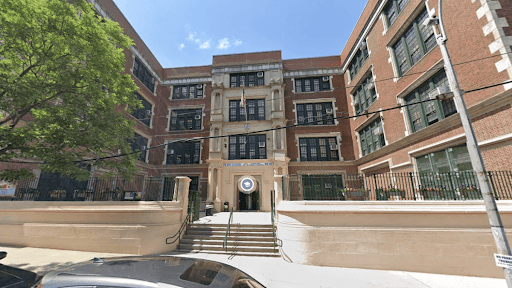Specialized programming for students with dyslexia and other language-based learning will be backed with a $100,000 investment. P.S. 107 and P.S. 295 in Brooklyn’s Community School District 15 will join the landmark Structured Literacy Schools pilot with these funds.
“This historic investment for dyslexia programs in Brooklyn is a step in the right direction,” said Council Member Rita Joseph. “All New York City children deserve to have the adequate support they need to thrive in the classroom. When key investments are provided for students in communities who need it the most, we are providing equitable support.”
Educators at these schools will receive in-depth training on evidence-based literacy instruction. Interventionists will provide specialized instruction for students who are at risk for or diagnosed with dyslexia in standalone classes.
“For far too long, children across the city suffered in silence as they struggled in school with an undetected learning disability, just as I did, and their parents hopelessly agonized over the inability to help their little ones, just as my mother did,” said Mayor Eric Adams. “Stories like these are too common, which is why our administration has put literacy at the forefront of our policy and citywide programming. We will continue to invest in these upstream solutions in our education system to provide our students with the support they need to thrive.”
This pilot is one part of this administration’s comprehensive approach to literacy. In addition to specialized classes, over 500 students in grades 1 through 5 at 40 schools have been screened for risk of dyslexia and other print-based learning disabilities. There are also 62 academic intervention service coordinators at the school district level, providing targeted support to schools needing additional interventions.
“I am proud to have secured $100,000 in the state budget for P.S. 107 and P.S. 295 to invest in NYC DOE’s landmark structured literacy pilot program. With two-thirds of New York State’s fourth graders currently failing to read at grade level, it is clear that there is a reading crisis among our school children,” said Assembly Member Robert Carroll.
“As someone who was fortunate to have my own dyslexia identified in 1st Grade and receive evidence-based literacy interventions that were structured and sequential, I know how important early identification and intervention are to remediating dyslexia and making all children academically successful.”




